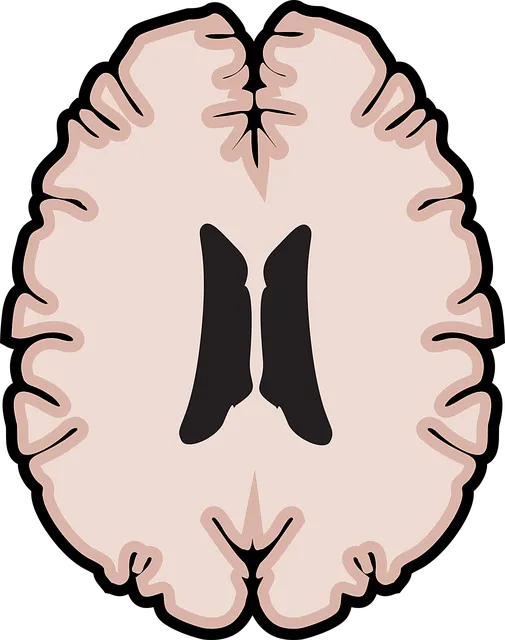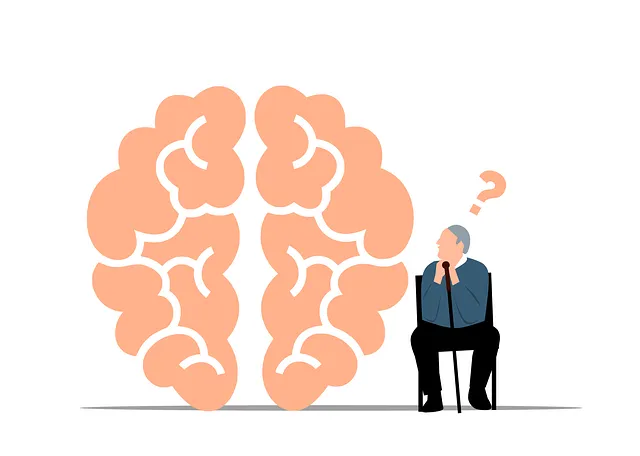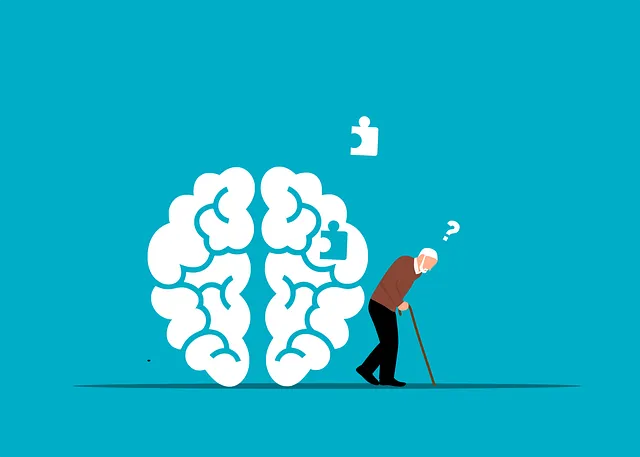Mental illness diagnosis accuracy remains a significant challenge in healthcare, with high misdiagnosis rates despite advancements. Early intervention is crucial for effective management but is hindered by complex symptoms and limited access to specialized services like those offered by Kaiser in Longmont. Factors contributing to inaccuracies include multifaceted manifestations and stigma leading to underreporting. Efforts to improve accuracy involve enhanced clinical training, advanced diagnostic tools, and public education. Empowering individuals through programs like Inner Strength Development can actively engage them in their care while advocating for more precise diagnoses. In Longmont, cultural variations and intricate emotional reactions pose challenges, emphasizing the need for inclusive practices, Emotional Well-being Promotion Techniques, and Cultural Sensitivity to improve diagnostic accuracy.
Mental illness diagnosis accuracy is a critical aspect of patient care, yet challenges persist in ensuring precise and timely identifications. This article delves into the current state of diagnostic practices, highlighting gaps and the significant impact of misdiagnosis. We explore Kaiser’s (Longmont) innovative efforts to enhance accuracy through dedicated initiatives, programs, and technologies. Additionally, we discuss best practices, future directions, and the role of evidence-based strategies, technology, and continuous learning in improving mental health diagnosis, focusing on Longmont’s approach to comprehensive mental health coverage.
- The Current State of Mental Illness Diagnosis Accuracy
- – Exploring the challenges and gaps in current diagnostic practices
- – Statistics on misdiagnosis rates and their impact on patient outcomes
The Current State of Mental Illness Diagnosis Accuracy

Mental illness diagnosis accuracy has been a growing concern within the healthcare industry. Despite significant advancements in research and understanding, misdiagnosis rates remain alarmingly high, with many individuals receiving incorrect or delayed treatment. This is particularly concerning given that early intervention and accurate diagnoses are crucial for effective management and recovery. The complexity of mental health conditions, coupled with the subjective nature of symptoms, often presents a challenge for healthcare providers, especially in areas like Longmont where access to specialized services might be limited, such as those covered by Kaiser.
Various factors contribute to these inaccuracies, including the multifaceted nature of mental illness, which can manifest differently across individuals and cultures. Additionally, stigma surrounding mental health issues leads to underreporting and misperception, hindering accurate diagnosis. Efforts to improve accuracy are ongoing, focusing on enhancing clinical training, integrating advanced diagnostic tools, and promoting public education about mental health. Strategies like Inner Strength Development, Resilience Building, and Mind Over Matter principles can empower individuals to actively participate in their care while advocating for more precise and timely diagnoses.
– Exploring the challenges and gaps in current diagnostic practices

Mental health diagnosis has evolved over the years, but challenges still remain in ensuring accuracy and accessibility. One significant gap lies in the complexity of human behavior and emotions, which can often lead to misdiagnosis or delayed treatment. The current practices, while standardized, may not account for individual variations, cultural backgrounds, and unique personal experiences that significantly influence mental health expressions. For instance, what constitutes as “normal” emotional reactions might vary across different cultures, posing a challenge for healthcare professionals, especially when dealing with diverse patient populations, such as those in Longmont seeking care at Kaiser.
Furthermore, the integration of Emotional Well-being Promotion Techniques and Cultural Sensitivity in Mental Healthcare Practice is crucial to improving diagnostic accuracy. Incorporating Social Skills Training as part of comprehensive mental health programs can help individuals better communicate their experiences, leading to more precise assessments. Addressing these gaps requires a multifaceted approach, including ongoing training for healthcare providers and the adoption of inclusive practices that celebrate diversity in mental healthcare delivery.
– Statistics on misdiagnosis rates and their impact on patient outcomes

Misdiagnosis rates in mental health are alarmingly high, with studies indicating that up to 30% of patients are incorrectly diagnosed initially. This has significant implications for patient outcomes; a wrong diagnosis can lead to ineffective treatment plans, causing further distress and potentially worsening symptoms. For instance, someone experiencing anxiety may be misdiagnosed as having depression, receiving inappropriate medication and therapy.
In the case of Longmont residents, understanding coverage under Kaiser for mental health services is crucial. Kaiser’s policies and diagnostic procedures play a significant role in ensuring accurate assessments. With emotional intelligence and cultural sensitivity in mental healthcare practice emerging as key factors in accurate diagnosis, healthcare providers are increasingly being trained to recognize nuanced symptoms across diverse communities. Additionally, Community Outreach Program Implementations have proven effective in improving access to mental health services, thereby potentially reducing misdiagnosis rates through early intervention.
Mental illness diagnosis accuracy is a critical aspect of patient care, and efforts to improve it are essential. The current state of practice reveals significant challenges, including misdiagnosis rates that can negatively impact patient outcomes. Longmont residents seeking mental health services, such as those asking “Does Kaiser cover mental health in Longmont?”, should be aware of these issues. By addressing the gaps through enhanced training, evidence-based practices, and access to specialized resources, we can strive for more accurate diagnoses, better treatment outcomes, and improved quality of life for individuals struggling with mental health conditions.






